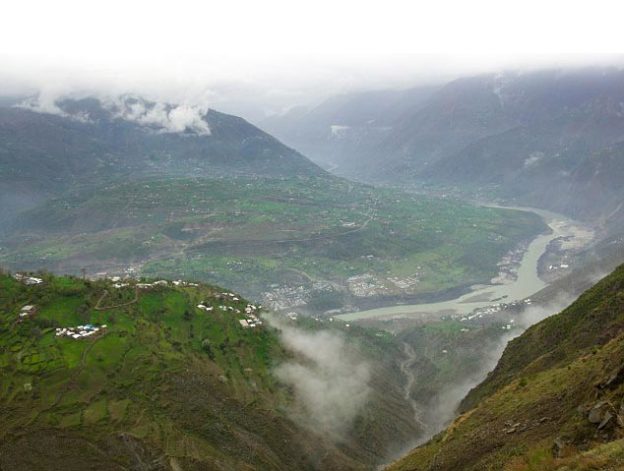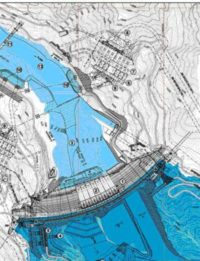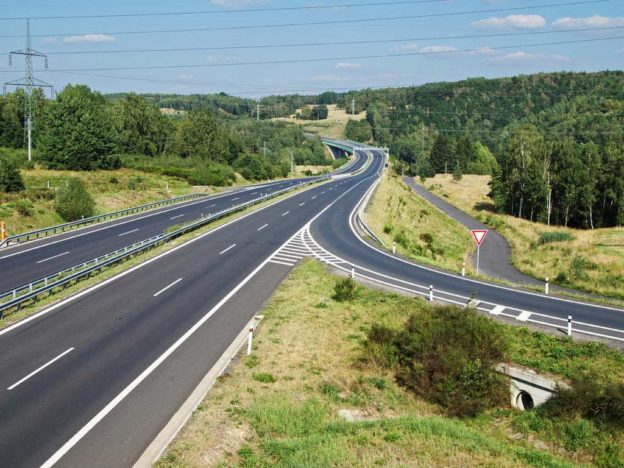Centre and the provinces agree to select water reservoirs with consensus in line with the 1991 water apportionment accord; thorough examination of impact on sea intrusion, environmental protection and provincial water rights compulsory
After more than a decade, all four provinces and the center have agreed to a water policy targeting to construct a new dam which will add up over 6 MAF to the total water resources in Pakistan.
The Council of Common Interests (CCI) formally approved on April 24, 2018 the policy called as National Water Policy (NWP) with all chief ministers in attendance in the moot presided over the prime minister.
Implementation of the NWP would be undertaken through a National Water Council (NWC)—a new national level body headed by the prime minister and comprising the federal ministers for water resources, finance, power and planning, development and reforms and all provincial chief ministers.
Achieving consensus was, no doubt, Commendable for which background efforts were made to hunt down reservations of the provinces. Thus, the signing of the document by the chief ministers went swift.
Resolving one of the major issues, Wapda, Punjab and Khyber Pakhtunkhwa will work out net hydel profit arrears for the two provinces in accordance with the A.G.N. Kazi formula.
The Centre and the provinces agreed under the policy that selection of water reservoirs would be made with consensus in line with the 1991 water apportionment accord and after thorough examination of their impact on sea intrusion, environmental protection and provincial water rights to secure surplus water in the system.
The policy acknowledges the need to adopt the NWP with an initial target of increasing storage capacity from existing 14 million acre feet (MAF) by immediately starting the construction of 6.4 MAF Diamer Bhasha dam which had already been cleared by the CCI back in 2009.
The policy empowers the provinces to develop their master plans within a national framework for sustainable development and management of water resources keeping in view the depleting water resources in the country.
The policy covers all water-related issues, including water uses and allocation of priorities, integrated planning for development and use of water resources, environmental integrity of the basin, impact of climate change, transboundary water sharing, irrigated and rain-fed agriculture, drinking water and sanitation, hydropower, industry, ground water, water rights and obligations, sustainable water infrastructure, water-related hazards, quality management, awareness and research, conservation measures, legal framework and capacity building of water sector institutions.
The policy recognizes the need to provide at least 10 per cent of the federal Public Sector Development Program to the water sector, gradually increasing it to 20pcby 2030.The provinces will also increase expenditure on the water sector as total allocation of Rs145 billion, 7pc of the combined federal and provincial development budget for 2017-18, was inadequate to address the challenges.
Under the policy, water losses currently estimated at 46 MAF a year have to be cut by 33pc by 2030 through canal and watercourse lining. Water efficiency will also be increased by 30pc by 2030 through improved technologies like drip and sprinkler irrigation and more realistic water pricing policy.










